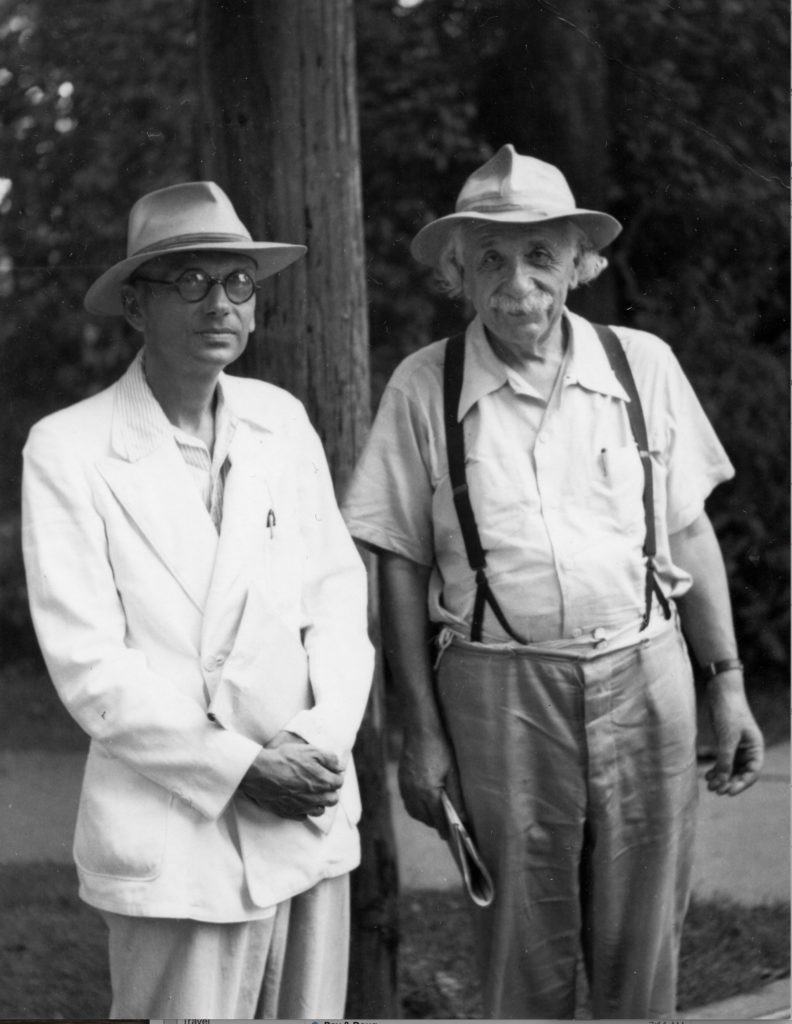
The answer to this question depends upon whether you mean “important for achieving your goals,” “important for building wealth,” or “important for achieving happiness.” Let’s visit each in turn.
In most cases, intelligence is an important factor in achieving one’s goals. It is a vital asset in making scientific discoveries or creative inventions, but perhaps less of an asset in the arts or athletics where special skills and personal qualities like tenacity and passion may be more important. In essence, we can assert that intelligence is important to achieving goals, but its importance relative to personality traits or special talents depends on the goals to which it is applied.
For building wealth in high-tech fields, high intelligence is a necessary though not a sufficient condition. Steve Jobs (founder of Apple Inc.), Jeff Bezos (founder of Amazon.com), Bill Gates (founder of Microsoft Inc.) and Elon Musk (founder of several corporations) were all brilliant students of high scholastic achievement. Many of today’s highest paid individuals are financial managers, called “quants” who are generally selected from the ranks of the brightest graduates from universities. When an interviewer asked Bill Gates about the qualities he sought in his hires at Microsoft, he responded:1
Software is an IQ business. Microsoft must win the IQ war, or we won’t have a future. I don’t worry about Lotus or IBM, because the smartest guys would rather come to work for Microsoft. Our competitors for IQ are investment banks such as Goldman Sachs and Morgan Stanley.
However, in fields such as marketing, retail sales, real estate, acting, athletics and businesses that provide services, it is possible for people of average or slightly higher than average intelligence to build substantial wealth if they possess tenacity, creativity, people skills or a special blend of other skills or talents.
When it comes to achieving happiness, extremely high intelligence can be a liability, because it is often accompanied by introversion, resulting in limited social skills, feelings of isolation, and a tendency toward depression. Alan Turing (featured in the movie The Imitation Game), Ludwig Boltzmann (developer of statistical mechanics in quantum physics), and Yutaka Taniyama (known for the Taniyama-Shimura conjecture) committed suicide at ages 41, 62, and 31 respectively. Mathematicians like Kurt Gödel (known for his incompleteness theorems) and Georg Cantor (developer of set theory and transfinite numbers) both grappled with episodes of insanity that ultimately led to their death. The unhappiness experienced by many highly intelligent individuals was captured by Einstein in his tribute to Max Planck:2
One of the strongest motives that leads men to art and science is escape from everyday life with its painful crudity and hopeless dreariness. Such men make this cosmos and its construction the pivot of their emotional life, in order to find the peace and security which they cannot find in the narrow whirlpool of personal experience.
Of course, many other highly intelligent individuals are so happy in life as to pursue the goal of increasing human longevity. In 2013, Google created the subsidiary company Calico whose mandate was to study ageing and age-related diseases with the long-term aim of extending the human life-span. It seems reasonable to conclude that the many highly intelligent people who are working toward this goal must believe that life is worth extending in duration. Yet, undermining the well-being and self-satisfaction of many highly intelligent people, especially during times of stress, is the haunting adage, “If ignorance is bliss; then ‘tis folly to be wise.”
1. The Karlgaard interview with Bill Gates is available at: https://www.forbes.com/forbes/2005/1031/045.html?sh=2a2f81fd75dd
2. The quote from Einstein: see Isaacson, Walter. 2007. Einstein: His Life & Universe. New York: Simon & Schuster. p. 233.
